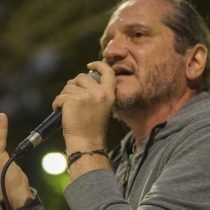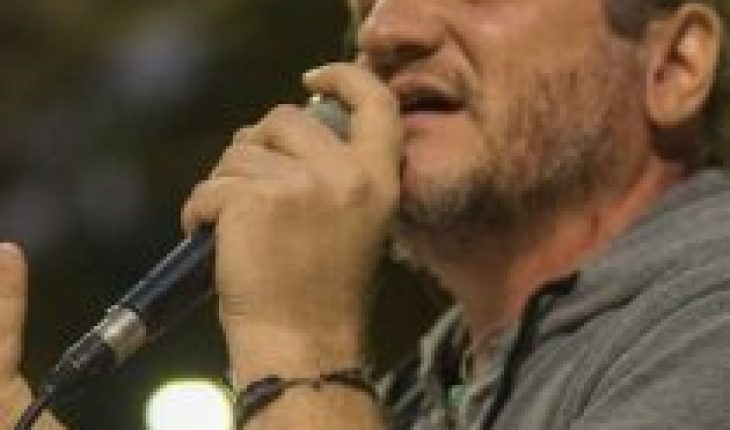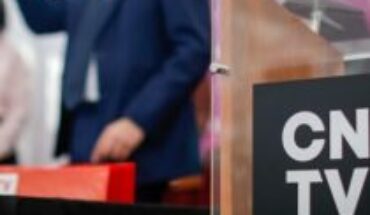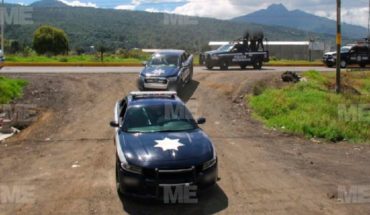
Health emergency as an opportunity. This belief underpins the debate that is taking place in most countries of the world about the path that education and the education system will take after the pandemic and which will be replicated this Friday 14 at 6.30pm in the event entitled “Postpandemia and the end of the traditional classroom, dialogues for teaching beyond the classroom”, online talk organized by the Usach Philosophy Department.
These are the structural problems that mainly affect countries like ours, with high levels of educational, social and economic inequality. Experts point out that we are facing a global pedagogical blackout linked to the lack of access to the technologies necessary to even enter the system, but this is only a first dimension, because then we have the differences in cultural capital that allow these technologies to operate.
In addition, there are all the issues associated with themes that exacerbate the previous two aspects. For example, overcrowding, the inability to have adequate spaces to study, or the problems that have arisen as a result of poverty, cessation, among other scourgs that are now affecting our society.
Therefore, it is worth analyzing what good education will mean, once the classrooms and the face-to-face have been variables cleared from the formative equation.
Registrations at: https://ubiqq.com/filusach/live
Since 2011 he has been conducting Mentira la verdad, broadcast by Canal Encuentro, a philosophy TV program for young people of wide success in Argentina that has numerous international awards. He conducts the radio show “Too Human” on Futurock. He is the author of the books “What is philosophy for? Small treatise on demolition”, “Philosophy in 11 Phrases” and “Philosophy to Hammer”. He performs “Desencajados” and “Salir de la Caverna”, two theatrical shows of philosophical dissemination with live music that are held in Konex Cultural City and with multiple tours of the country. He also performs with the Argentine historian Felipe Pigna “Questions of History and Philosophy”. He is a speaker and has worked extensively in the promotion and management of cultural events and projects.
She holds a Bachelor’s Degree in Philosophy Education from the University of Santiago de Chile (USACH), a PhD in Philosophy from the Albert-Ludwigs-University Freiburg, Germany, and a degree in medical ethics (currently Privatdozentin) from the Eberhard Karls Universitat T-bingen, from the same country.
He has also completed postdoctoral studies in bioethics at The Kennedy Institute of Ethics, Georgetown University (USA). Between 2011 and 2014 she was a full-time Assistant Professor at the Institut f’r Ethik und Geschichte der Medizin, of the Eberhard Karls Universitat T-bingen.
He has given seminars on philosophy and ethics at the German universities of Freiburg and Stuttgart respectively.
Since 2015 she has been an associate professor with a full-time associate of the Department of Philosophy of the University of Santiago de Chile (USACH) and since September 2017 Vice-Dean of Research and Postgraduate Of the Faculty of Humanities of the same university.
His research areas include: Philosophical Anthropology, Philosophy of Medicine, Ethics and Bioethics (in particular, medical ethics)
PhD in Moral Philosophy and Politics from the University of Chile. Academic Department of Usach Philosophy. Expert in Usach Education.





